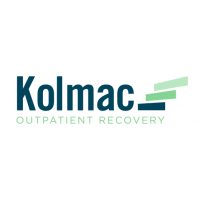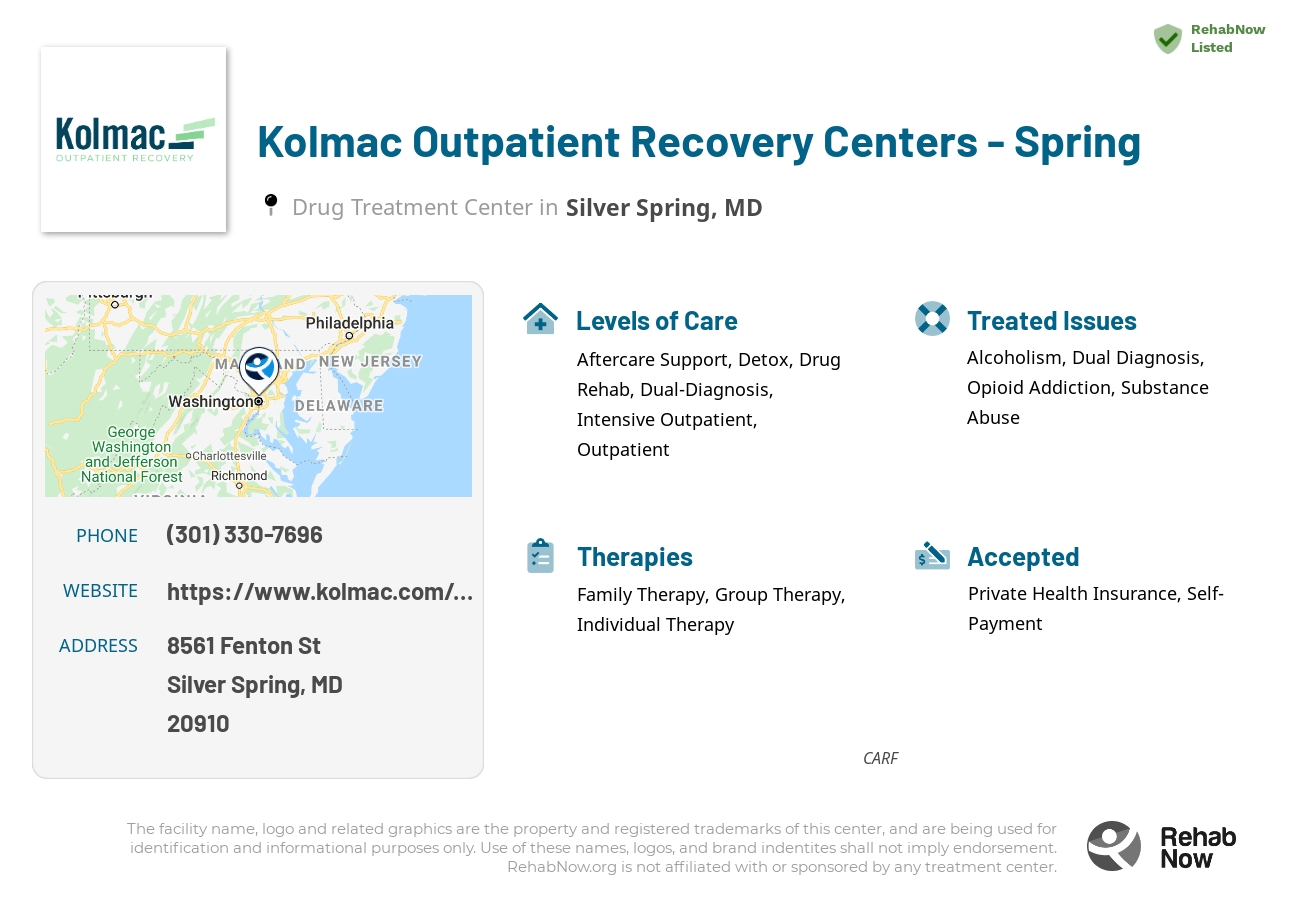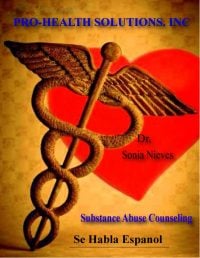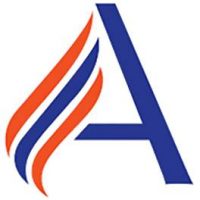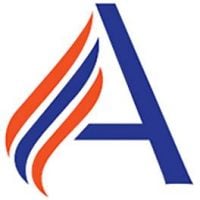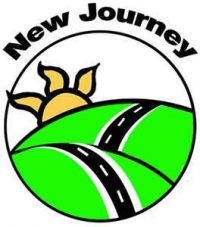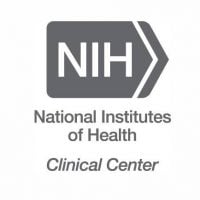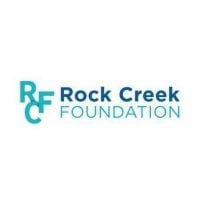Kolmac Outpatient Recovery Centers - Spring
Drug Rehab Center in Silver Spring, Maryland
Kolmac Outpatient Recovery Centers - Spring offers accredited, evidence-based addiction treatment services, including detox, drug rehab, dual-diagnosis, intensive outpatient, and outpatient providings alongside aftercare support, with a compassionate team of experienced professionals to help individuals achieve Sobriety since 1973.
About This Maryland Facility
Kolmac Outpatient Recovery Centers - Spring, located in Silver Spring, Maryland, is a reputable addiction treatment facility founded in 1973. They specialize in treating individuals suffering from alcoholism, opioid addiction, substance abuse, dual diagnosis, and drug addiction. With their LegitScript and CARF accreditations, Kolmac Outpatient Recovery Centers - Spring ensures that their services meet rigorous quality standards. This facility is affiliated with the larger Kolmac Outpatient Recovery Centers organization, which further emphasizes their commitment to providing effective and comprehensive addiction treatment.
Kolmac Outpatient Recovery Centers - Spring offers a range of services for individuals struggling with addiction and substance abuse. They provide detox, drug rehab, and dual-diagnosis treatment, addressing both the physical and mental aspects of addiction. Their intensive outpatient program offers a structured and supportive environment for individuals to receive treatment while maintaining their daily commitments. Additionally, Kolmac Outpatient Recovery Centers - Spring provides aftercare support to help patients transition back into their daily lives and maintain their sobriety post-treatment. With their outpatient levels of care, individuals have the flexibility to receive treatment while residing in their own homes.
Genders
Ages
Modality
Additional
Accreditations

LegitScript

CARF
The Commission on Accreditation of Rehabilitation Facilities (CARF) is a non-profit organization that specifically accredits rehab organizations. Founded in 1966, CARF's, mission is to help service providers like rehab facilities maintain high standards of care.
Conditions and Issues Treated
A drug abuser needs help because if no one helps them, they will not leave their vicious circle.
People who abuse drugs are likely to suffer from an addiction, which can cause serious health problems. It can also cause quarrels with people around them. It is common for drug abusers to have difficulty holding down jobs or relationships, but sometimes people around them can be quite tolerant. There are cases where the families of the drug abusers do not want to see them get any help, and the subject becomes controversial.
When it comes to helping drug abusers get sober, there are many options to choose from. It is essential to state that there is no “correct” way of doing things. People are different, and they need different types of help to get over their addiction.
Opioid addiction treatment should be done in a medically supervised drug rehab. Opioid addiction treatment will include detoxification and drug rehab counseling to help both the user and their loved ones learn how to live a successful sober lifestyle. Methadone, buprenorphine, and naltrexone are three medications that can help treat opioid addiction. Individual drug rehab counseling sessions can be helpful to discuss any questions or concerns with the drug treatment program.
When addiction and psychiatric issues co-occur, the addict’s recovery is more successful when both conditions are treated. A dual diagnosis refers to a condition in which the patient is diagnosed with two health issues: addiction and bipolar disorder.
Usually, dual diagnosis sufferers are prescribed a combination of treatments for each condition. The most common therapies are psychotherapy, behavioral therapy, spiritual counseling, 12-step programs, and medication management.
Psychiatric conditions are an obstacle to recovery because they can create roadblocks to a healthy lifestyle. Drugs and alcohol may be used as a means of self-medication, which can have dangerous consequences. Over time, addicts build up a tolerance and suffer withdrawal symptoms when drug use is stopped.
With the proper treatment, dual diagnosis sufferers can overcome their conditions and achieve lasting sobriety.
Levels of Care Offered at Kolmac Outpatient Recovery Centers - Spring
This center offers a variety of custom treatment tailored to individual recovery. Currently available are Aftercare Support, Detox, Drug Rehab, Dual-Diagnosis, Intensive Outpatient, Outpatient, with additional therapies available as listed below.
Detoxification is the first step in drug addiction treatment. A controlled environment where symptoms can be managed with medication and close observation is provided by drug detoxification. Detoxification is an essential step in the recovery process, but it is also one of the most dangerous. Due to the potential danger, it’s critical to understand what detoxification is and how to complete it safely.
A detox program helps the person physically withdraw from drugs and helps them track their progress. So, suppose the person isn’t ready for sobriety (or relapses). In that case, the treatment professionals can catch it early and help re-orient them towards recovery.
The Intensive Outpatient Program at Kolmac Outpatient Recovery Centers - Spring is for those who need intensive care but would rather get it in the comfort of their own home. The treatment programs vary in duration and intensity and can be tailored to suit the individual’s needs. IOP helps the patient to live at home and gradually get back to their routine life.
Daily trips to the hospital that provides the treatment include intensive outpatient services (IOP). The patients gradually get back to their everyday lives. IOP benefits the most when the patients have a supportive family member or friend who can encourage them in their recovery.
Individuals struggling with drug addictions can get help from several treatment options, including inpatient and outpatient programs. Outpatient drug treatment programs can also provide patients with different levels of care, usually depending on the patient’s degree of addiction.
At an outpatient program in Silver Spring, a patient will attend a recovery program during the day and return home in the evening. Suppose a patient is struggling with drug addiction. In that case, an outpatient program can serve as an effective transition point during the recovery process.
Aftercare is a part of drug rehabilitation. It is also known as “post-treatment support.” Aftercare programs are available for addicts after they complete drug rehab. It is often the final step in the recovery process. The goal of aftercare is to ensure that addicts maintain their achievements in rehab and do not relapse. Professionals generally provide aftercare (including addiction therapists, physicians, social workers, psychologists) and involve individual and group therapy sessions.
Therapies & Programs
Individual therapy is a critical component of addiction recovery. It allows the patients to go deep into their core issues and discover how to handle those problems better. Therapy can be conducted in individual sessions as well as group settings. In individual therapy for addiction, the patient meets with their therapist one-on-one to focus on the underlying issues. This allows patients to open up and discuss personal topics they may not feel comfortable discussing in a group setting. This type of therapy can help develop solutions specific to each patient, which helps speed up the recovery process.
Family therapy is a crucial part of drug treatment and getting sober. It is one of the most effective ways to help addicts stay on the path to long-term sobriety. When a drug addict decides that they want to try and get sober, it takes the support of every person they love to succeed. It can be incredibly difficult for loved ones to watch an addict go through the pain and suffering of withdrawal, but by being there with them and supporting them, they can help to make sure that the addiction never returns.
One of the most important parts of family therapy is the relapse prevention plan. During treatment, therapists and doctors will often sit down with the addict and their family to develop a plan in case the addict ever feels like they want to use again. This plan should involve steps the addict and family can take together to prevent them from relapsing in the future. An addict’s family can play a vital part in helping them to avoid relapse because they can spot the warning signs and help them get back on track before it becomes too much of a problem.
Group therapy helps prevent addicts from feeling isolated or unique in their situation by offering a sense of comfort and fellowship. It also creates a forum for addicts to build their support systems and learn from each other. The group therapy sessions at Kolmac Outpatient Recovery Centers - Spring occur in a group setting rather than one-on-one to create a safer, controlled environment where addicts feel comfortable.
Cognitive Behavioral Therapy (CBT) is a common therapeutic approach to help drug addicts. It teaches addicts new ways of thinking and behaving so that they can avoid relapse. There are several forms of CBT used in drug rehabilitation centers.
Cognitive Restructuring helps addicts identify faulty, negative thinking so that they can work together with the therapist to find healthier ways of thinking, resulting in better decision-making.
Cognitive Behavioral Therapy for Addiction uses the principles of CBT to help treat addiction. It focuses on specific aspects of each person’s thinking, feeling, physiology, and behavior. It aims to identify specific problems in these areas and create a personalized treatment strategy.
Payment Options Accepted
For specific insurance or payment methods please contact us.
Is your insurance accepted?
Ask an expert, call (888) 674-0062
Kolmac Outpatient Recovery Centers Associated Centers
Discover treatment facilities under the same provider.
- Kolmac Outpatient Recovery Centers - Baltimore in Baltimore, MD
- Kolmac Outpatient Recovery Center - Silver Spring in Silver Spring, MD
- Kolmac Outpatient Recovery Centers - Columbia in Columbia, MD
- Kolmac Outpatient Recovery Centers - Towson in Towson, MD
- Kolmac Outpatient Recovery Centers - Annapolis in Annapolis, MD
Learn More About Kolmac Outpatient Recovery Centers Centers
Additional Details
Specifics, location, and helpful extra information.
Silver Spring, Maryland 20910 Phone Number(301) 330-7696 Meta DetailsUpdated November 25, 2023
Staff Verified
Is Kolmac Outpatient Recovery Centers – Spring a LegitScript Verified Treatment Facility?
According to our most recent records, we have found this center to be LegitScript verified.
Patient Reviews
There are no reviews yet. Be the first one to write one.
Silver Spring, Maryland Addiction Information
For the past decade, Maryland's rate of drug use and abuse has significantly increased. The overdose rate is currently higher than the national average. This epidemic is due to the many industries where manual labor is required. As soon as prescription opioids were more readily accessible a large part of manual workers started using–and eventually abusing–the painkillers.
The cost of drug addiction in Silver Spring is estimated to be $1.4 billion each year. Heroin is involved in more than 32% of all overdose deaths. Alcohol is also a major issue with 18% of Silver Spring residents having an alcohol use disorder. If you or someone you know is struggling with addiction, don't wait to get help.
Treatment in Nearby Cities
- Denton, MD (65.0 mi.)
- Odenton, MD (18.5 mi.)
- Huntingtown, MD (34.5 mi.)
- Lanham, MD (9.1 mi.)
- Emmitsburg, MD (51.5 mi.)
Centers near Kolmac Outpatient Recovery Centers - Spring
The facility name, logo and brand are the property and registered trademarks of Kolmac Outpatient Recovery Centers - Spring, and are being used for identification and informational purposes only. Use of these names, logos and brands shall not imply endorsement. RehabNow.org is not affiliated with or sponsored by Kolmac Outpatient Recovery Centers - Spring.
